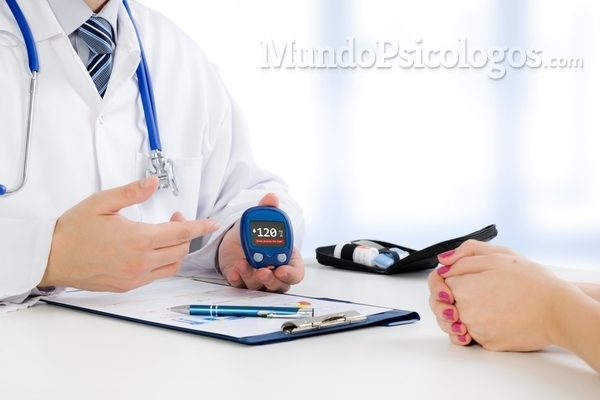Why does my body get sick? What emotional incoherence am I experiencing? What am I doing that I don’t want to do? What am I not saying that I mean?
According to the World Health Organization (WHO), the disease is the “Alteration or deviation of the physiological state in one or more parts of the body, for generally known causes, manifested by characteristic symptoms and signs, and whose evolution is more or less predictable”.
At the same time, let us keep in mind that the word disease comes from the Latin “infirmitas”, which literally means “lack of firmness.” Here, I present another perspective, having Psychoanalysis as a theoretical and methodological basis. This discipline focuses on the person’s psychic apparatus, in its mind and consciousness Therefore, we will see the disease from one point of view.
What is a psychosomatic illness?
We all know from our own experience that a feeling and its emotion They reflect on the body easily. For example, when we are embarrassed about something our face turns red, when something distresses us we get a pinch in our stomach, when something makes us nervous we sweat, when we feel disgust we can vomit…
And how does this psychosomatic effect occur? How does the psyche express itself through the symptom? In the psychic apparatus, a conflict or trauma is created when a emotional incoherence (lack of firmness-Latin) in the person. That is, when thought, emotion and action are not in line. When there is no coherence between what we do and what we want to do.

Treatment through psychoanalytic psychotherapy
Therefore, the question before a symptom or disease is “Why does my body get sick, what emotional incoherence am I experiencing, what am I doing that I don’t want to do? The beliefs that we usually have for “education” do not allow us to accept our negative emotions, and all emotions are necessary and must be accepted without any hesitation, without generating feelings of guilt for having experienced them. The point is to accept each and every one of our emotions, without making any type of value judgment as to whether they are right or wrong. They are our emotions and we must respect them and Do not repress them so that they do not give rise to the symptom, the disease.
We must express our resentment, the emotion that emanates from within us. The acceptance of our emotions (joy, fear, anger, sadness, disgust…) will free us from the feeling of guilt. Once we have freed ourselves from guilt, we will act as we see fit, each one in coherence with himself.
Healing, therefore, is within us. He Placebo effect It clearly demonstrates it: the power of our mind, with emotional coherence, is more effective than any external remedy. Let’s take advantage of medicine and psychoanalytic psychotherapy to improve our health.









